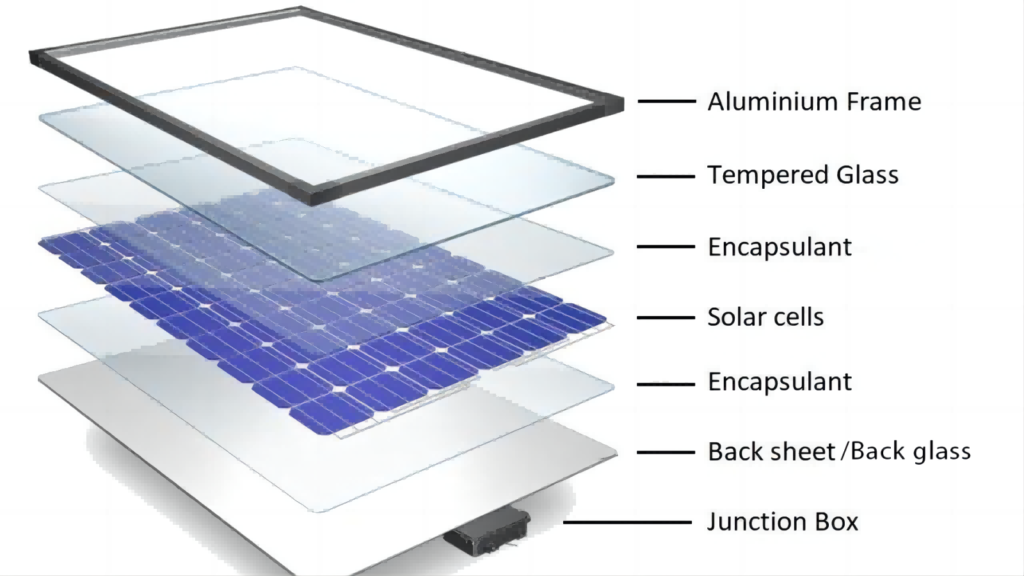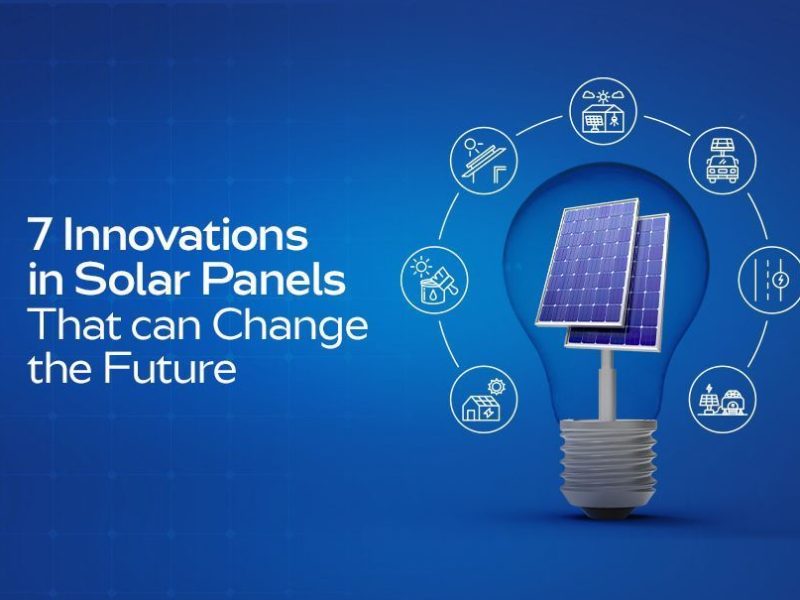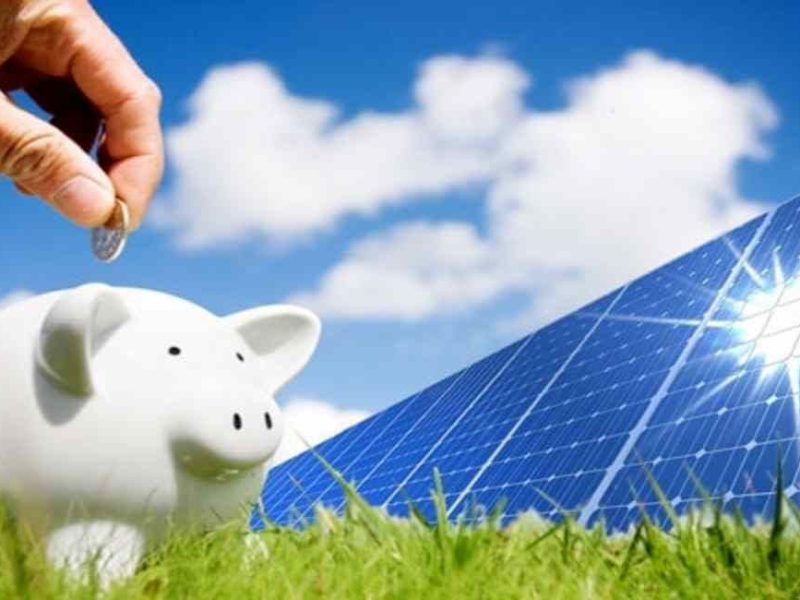Solar panels are becoming increasingly popular as a renewable energy source for powering homes and businesses. If you’re new to the world of solar energy, it can seem overwhelming at first. But fear not, we’re here to break it down for you. Here’s everything you need to know as a beginner when it comes to solar panels.
What Are Solar Panels?
Solar panels are devices that convert sunlight into electricity. They are made up of photovoltaic cells that capture the sun’s energy and convert it into usable electricity. This electricity can then be used to power your home or business, reducing your reliance on traditional energy sources.
How Do Solar Panels Work?
When sunlight hits the solar panels, the photovoltaic cells create an electric current. This direct current (DC) is then converted into alternating current (AC) by an inverter, which is the type of electricity used in homes and businesses.
Types of Solar Panels
There are three main types of solar panels: monocrystalline, polycrystalline, and thin-film. Monocrystalline panels are the most efficient and space-efficient, but they are also the most expensive. Polycrystalline panels are more affordable but slightly less efficient. Thin-film panels are the least efficient but are also the least expensive.
Benefits of Solar Panels
There are numerous benefits to installing solar panels on your home or business. Not only will you be reducing your carbon footprint and helping the environment, but you will also save money on your electricity bills in the long run. Solar panels require minimal maintenance and can last for up to 25 years, making them a sound investment for the future.
Factors to Consider
Before investing in solar panels, there are a few factors to consider. Firstly, you’ll need to determine how much energy your home or business consumes on a daily basis. This will help you determine the size of the solar panel system you’ll need. You should also consider the angle and orientation of your roof, as well as any potential shading that could impact the efficiency of your panels.
Installation Process
The installation process for solar panels typically involves a few steps. Firstly, a site assessment will be conducted to determine the best location for the panels. Then, the panels will be mounted on the roof and connected to an inverter. Finally, the system will be connected to the electrical grid, allowing you to start generating your own electricity.
Financing Options
There are several financing options available for those looking to install solar panels. Many states offer incentives and rebates for solar panel installations, as well as net metering programs that allow you to sell excess electricity back to the grid. Additionally, there are financing options such as solar leases and power purchase agreements that can help make solar energy more affordable for homeowners and businesses.
Conclusion
As a beginner in the world of solar panels, there is a lot to learn. However, with the right information and guidance, you can make an informed decision about whether solar panels are the right choice for you. By understanding how solar panels work, the different types available, and the benefits they offer, you can take the first step towards harnessing the power of the sun for a cleaner, more sustainable future.
Are you ready to make the switch to solar energy? Contact us today to learn more about how solar panels can benefit your home or business.


